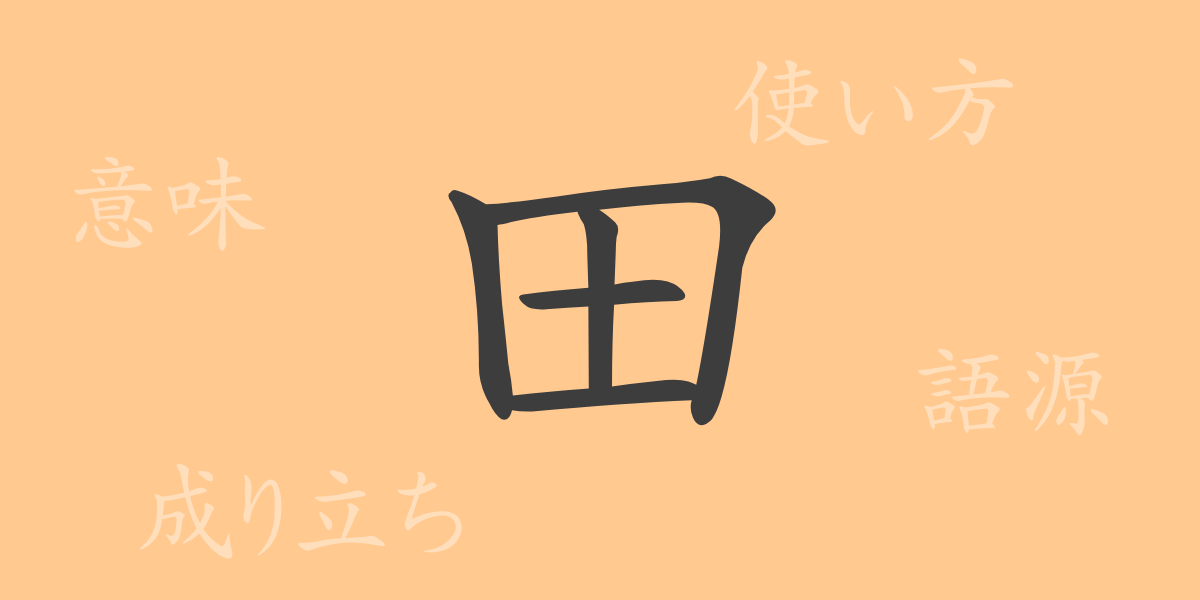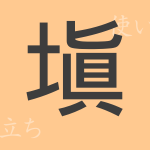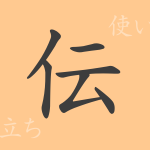In the tapestry of Japanese culture and language, kanji symbols reflect the depth of history. Among these, the common kanji ‘田(デン)’ symbolizes the connection between nature and human life integral to Japanese culture. This article explores the depths of ‘田’, from its origins to its meanings, uses, and the phrases and idioms derived from it.
Origins of ‘田(デン)’
The kanji ‘田’ originated from ancient Chinese pictographs, representing the act of tilling fields or the segmented rice paddies. The combination of straight lines depicting furrows and a rectangular shape symbolizing the divided plots illustrates the foundational role of agriculture in ancient societies.
Meaning and Usage of ‘田(デン)’
In modern Japanese, ‘田’ primarily refers to rice fields or pastoral landscapes. It is also commonly found in surnames and place names, making it a familiar character to the Japanese. It is used to describe natural rural scenery and in metaphoric expressions and phrases.
Readings, Stroke Count, and Radical of ‘田(デン)’
‘田’ has various readings in Japanese, tailored to its usage:
- Readings: On’yomi ‘デン’, Kun’yomi ‘た’
- Stroke Count: ‘田’ consists of 5 strokes.
- Radical: The radical of ‘田’ is itself, known as ‘た’.
Phrases, Idioms, and Proverbs Using ‘田(デン)’
‘田’ appears in many idioms and phrases that reflect Japanese life and philosophy. For example, ‘田舎(いなか)’ refers to quiet, rural places outside of urban areas, and ‘田植え’ denotes the agricultural practice of rice planting, evoking images of Japan’s agrarian lifestyle. ‘田園詩’ refers to a genre of poetry celebrating the beauty of nature, while ‘田畑(たはた)’ covers agricultural fields in general. Proverbially, ‘田畑を荒らす’ means to interfere with someone else’s work, reflecting Japanese communal values.
Conclusion on ‘田(デン)’
The meanings and history embedded in each kanji offer a window into the culture of its people. ‘田’ is deeply rooted in Japanese life, symbolizing the agricultural-centric lifestyle prevalent throughout its history. Commonly used in names and deeply connected with Japanese nature and culture, ‘田’ continues to live on in our language. This article hopefully deepened your understanding of ‘田’s’ diverse aspects and the profound depth of the Japanese language.

























